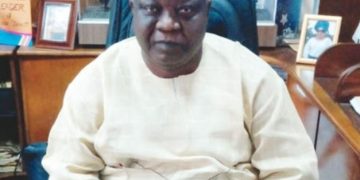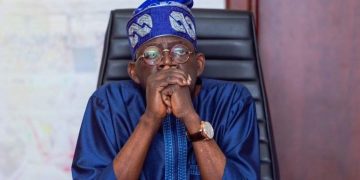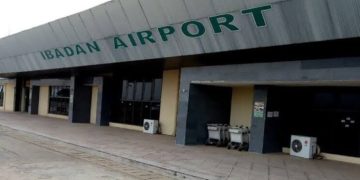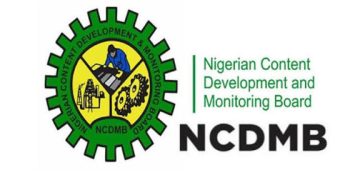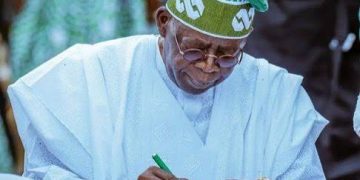Telecommunications operators in Nigeria has announced a projected hike in tariff by 100 per cent, amid warning by subscribers to oppose the moves.
However, MTN Chief Executive Officer, Karl Toriola while featuring on a TV programme yesterday to speak on some burning issues in the industry said the campaigns for increment are not about profitability, but for the sector’s sustainability.
He explained that the telecom industry which has remained the pillar of the economy, must be sustained so that it does not collapse. He said: “This is not about profitability but the sustainability of the sector. I think the Federal Government was very supportive in 2024 with significant structural changes to support the industry, one of them was the Critical National Infrastructure (CNI) bill, which protects telecoms infrastructure as critical and gets all the security agencies behind it. The other is addressing the indebtedness of the entire sector, and we have been put to task on QoS obligations, and we shall put to task on that even more in 2025.
“Sustainability is at the heart of what is driving the economy. If you don’t have a sustainable industry, the economy and well-being of the people will be affected. Yes, everyone in Nigeria has gone through difficult times in the last two years due to economic challenges: inflation, and naira depreciation among others. For us, we are not talking about profitability, but sustainability. Profitability will come on a long-term basis.
“We have put forward a request of approximately 100 per cent tariff increase to the regulators, but I doubt if that will be approved because they are very sensitive to the current economic situation in the country. But we are hopeful that the realities are staring us in the face and that the right decisions will be made for the sustainability of the industry.
“If you imagine a company that four or five years ago, earned N1trillion and was making 10 per cent profit- N100 billion, looking at this, the total cost put together was N900 billion. Subsequently, two or three things happened like devaluation of the naira.
“Official exchange has gone up from about N420/$ or N450/$ to N1550/$ at the end of the year. So, that has driven our cost structures up drastically. Diesel has gone from pre-COVID-19 times of N200-N300/litre to N1000; petrol has gone up severalfold. This is even as power generation and the cost of procuring materials have equally gone up.”




